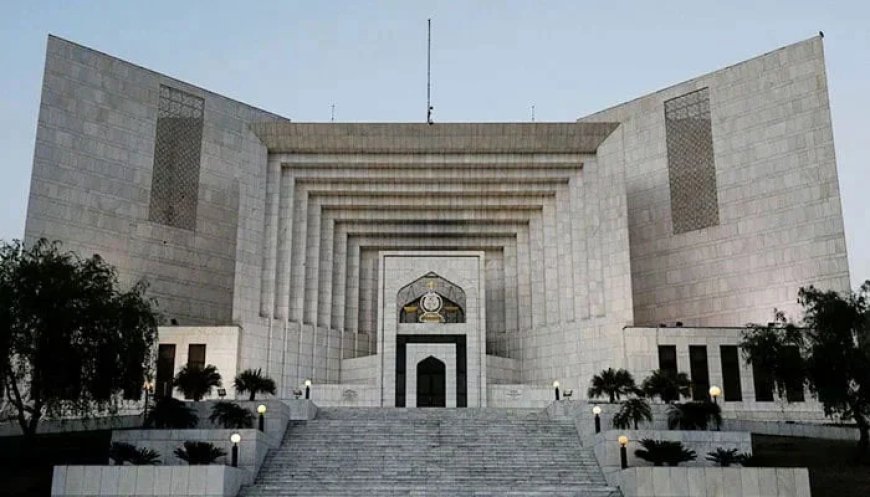JCP meets today for appointment of new SC judges

1. Two judges each from SHC and IHC, one each from PHC and BHC expected to be elevated to apex court
CJP Yahya Afridi to Chair JCP Meeting on Supreme Court Appointments Today
ISLAMABAD: Chief Justice of Pakistan (CJP) Yahya Afridi is set to preside over a Judicial Commission of Pakistan (JCP) meeting today to discuss the appointment of eight judges to the Supreme Court.
According to sources, the commission will consider five senior judges from each of the four high courts. It is expected that two judges each from the Sindh and Islamabad High Courts and one judge each from the Peshawar and Balochistan High Courts will be elevated to the apex court.
However, ahead of the meeting, four Supreme Court judges—including two commission members, Justice Mansoor Ali Shah and Justice Munib Akhtar—have requested a postponement. The request, also supported by Justice Ayesha A Malik and Justice Athar Minallah, urged the session’s deferral until a ruling is made on the challenge to the 26th Constitutional Amendment.
Following this amendment, the JCP comprises CJP Afridi, Justices Shah, Akhtar, and Amin-ud-Din Khan, Attorney General Mansoor Usman Awan, Federal Law Minister Azam Nazir Tarar, Pakistan Bar Council representative Akhtar Hussain, and parliamentary members from both the treasury and opposition benches.
Additionally, Senator Ali Zafar, the commission’s Pakistan Tehreek-e-Insaf (PTI)-affiliated member, has also conditionally called for the meeting’s postponement.
Meanwhile, six major bar associations have rejected calls for protests and strikes against the JCP session. In a joint statement, representatives of the Pakistan Bar Council, Supreme Court Bar Association, and the provincial bar councils of Punjab, Khyber Pakhtunkhwa, Balochistan, and Sindh condemned the opposition to the meeting.
They accused certain political factions within the legal community of pushing controversial agendas through protests. The associations reaffirmed their support for the JCP’s proceedings, emphasizing that the commission remains well-balanced. They also endorsed the 26th Constitutional Amendment, asserting its legitimacy as part of the Constitution and reiterating that only representative bodies hold the authority to call for strikes.


















































